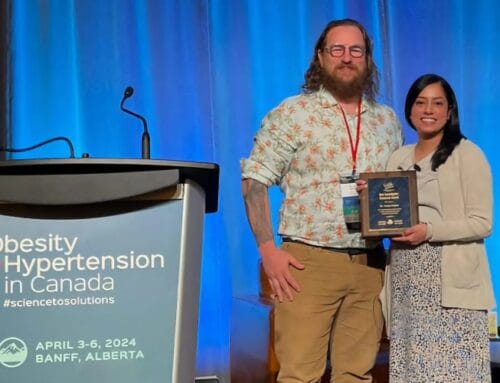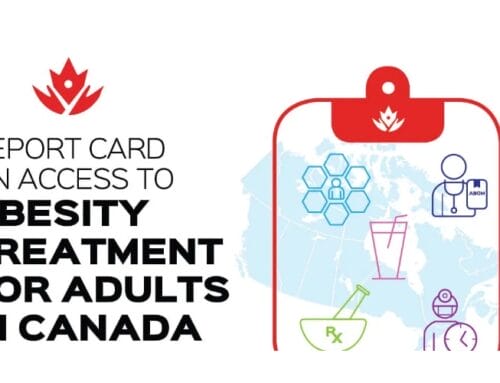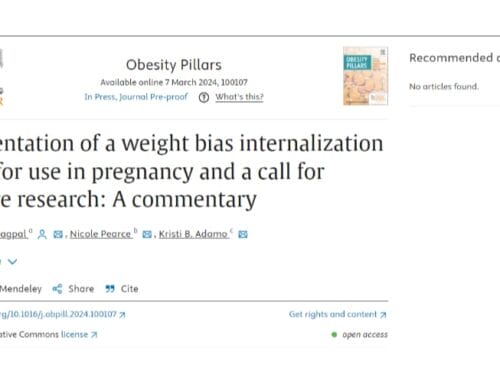Research shows that most Canadians living with obesity don’t ask healthcare professionals for treatment. When they ask for help, they are frequently told to eat less and move more, a simplistic and ineffective message that does not recognize the complex biology of how obesity develops and how weight is regulated.
In response, many people feel the responsibility to help themselves and often turn to a widely unregulated commercial weight loss industry, fad diets and other sources of unproven and even dangerous advice for help.
In most cases, they would be just as well off seeking answers from the zodiac.
Canadians need better access to evidence-based treatments for obesity. We have behavioural interventions, medications, surgeries and other treatments that can help, but access to them lags far behind that of treatments for other diseases.
That has to change.
References
Tytus R. Weight Loss Practices of Adults in Canada. 1st Canadian Obesity Summit; 2009; Kananaskis, Alberta.
Ramos Salas X, Alberga, A., Cameron, E., Estey, L., Forhan, M., Kirk, S.F.L., Russell-Mayhew, S., Sharma, A.M. Addressing weight bias and discrimination: moving beyond raising awareness to creating change. Obesity Reviews. 2017;11:1323-1335.
Kirk SFL, Penney TL, McHugh TLF, Sharma AM. Effective weight management practice: a review of the lifestyle intervention evidence. International journal of obesity. 2012(2):178.
Kirk SFL, Price SL, Penney TL, et al. Blame, Shame, and Lack of Support: A Multilevel Study on Obesity Management. Qualitative health research. 2014;18(4):501.
Forhan M, Ramos Salas X. Inequities in Healthcare: A Review of Bias and Discrimination in Obesity Treatment. Canadian Journal of Diabetes. 2013;37(3):205-209.
Kyle T, Puhl R. Pervasive Bias: An Obstacle to Obesity Solutions. Commentary. Institute of Medicine Rountable on Obesity Solutions. Vol 2014.






